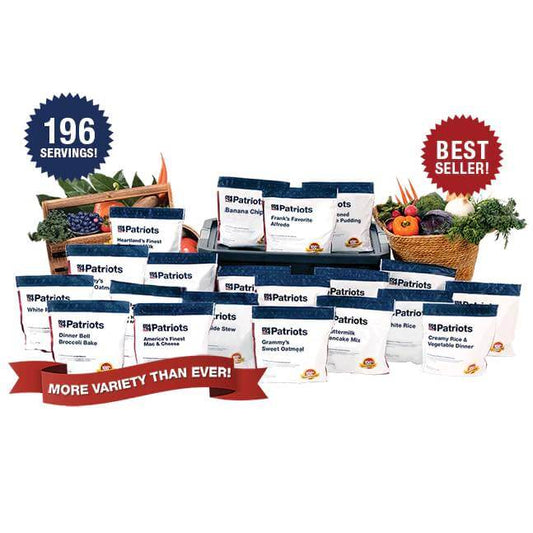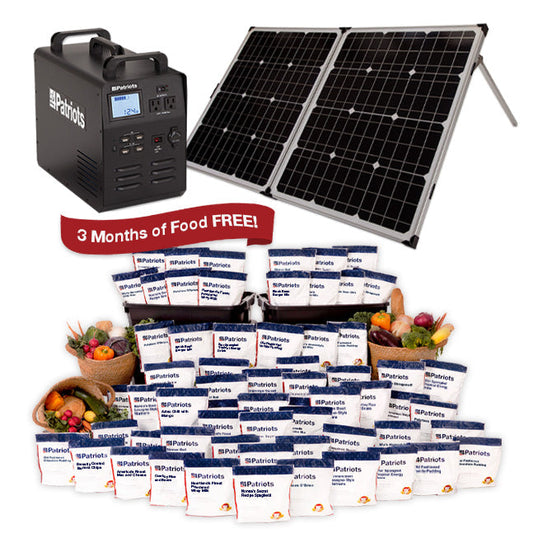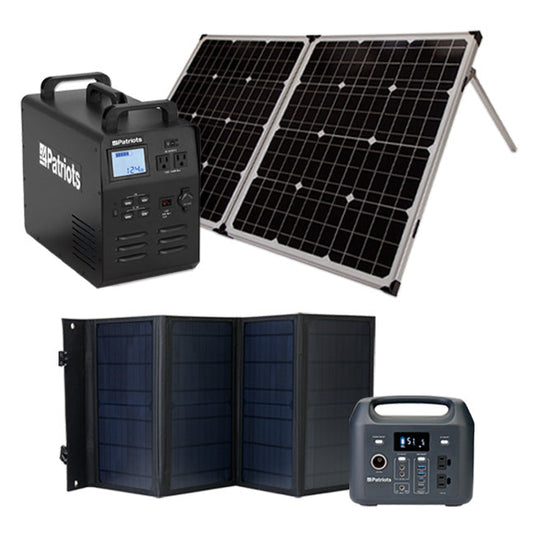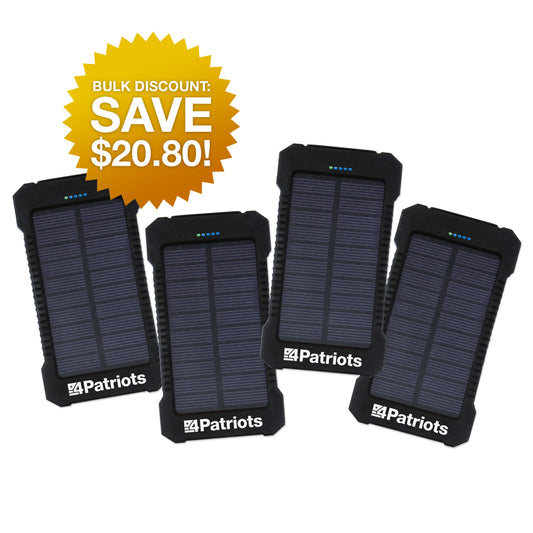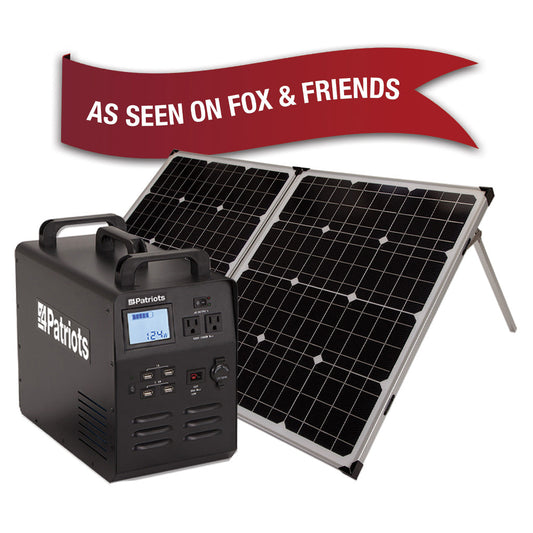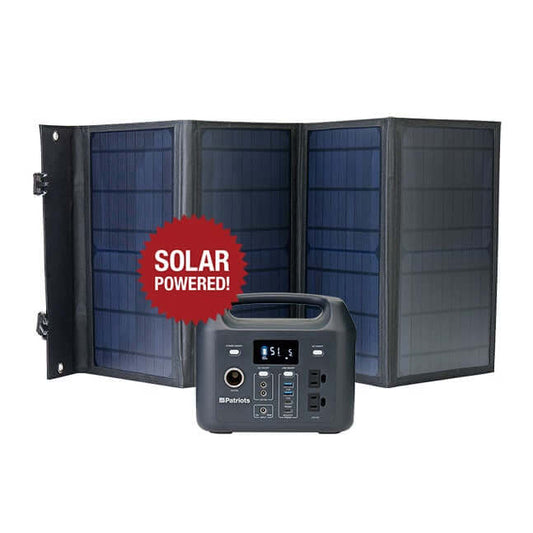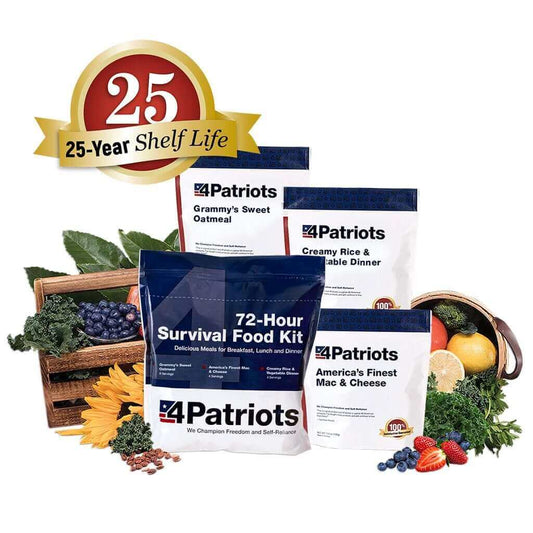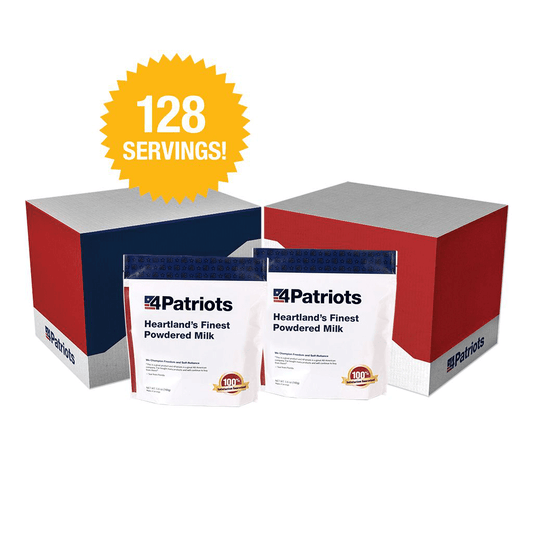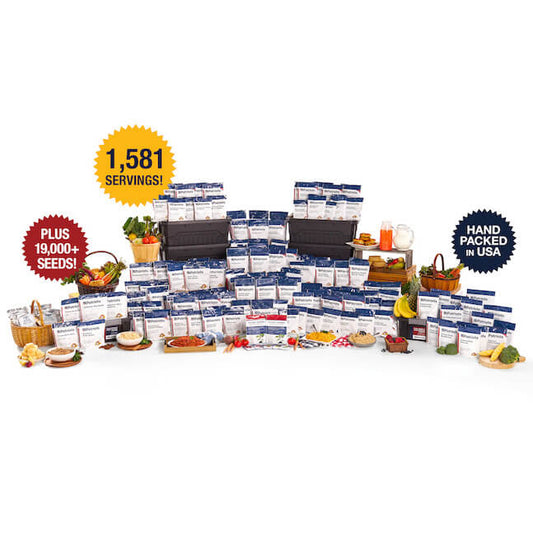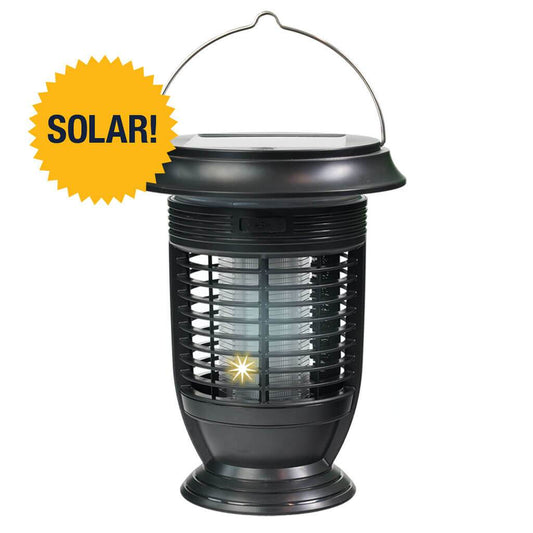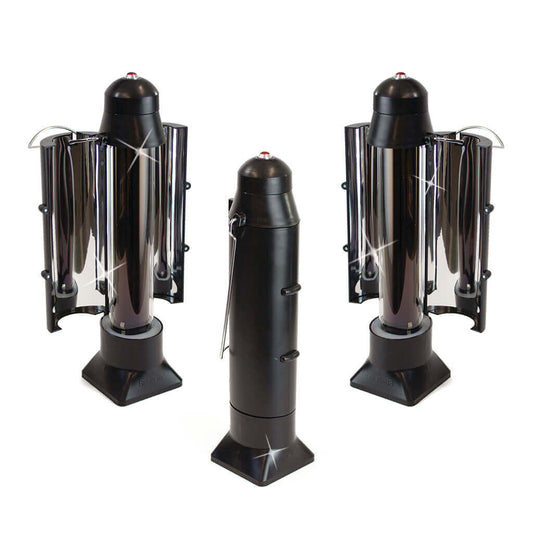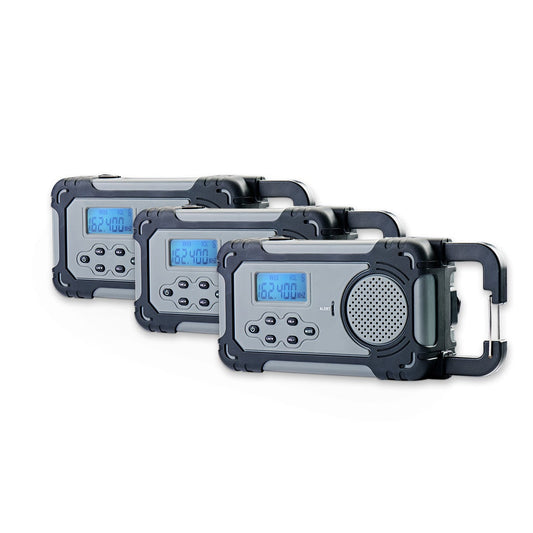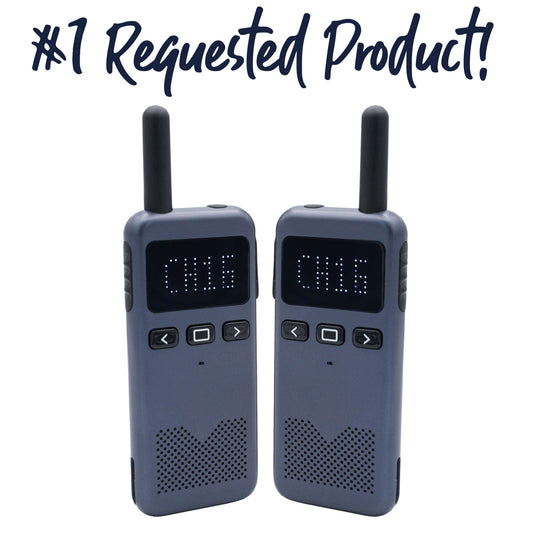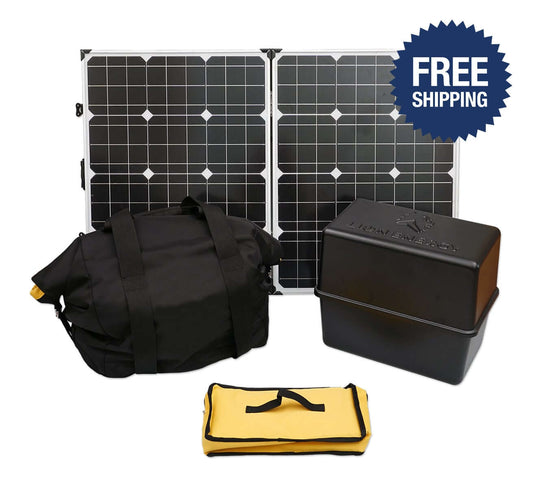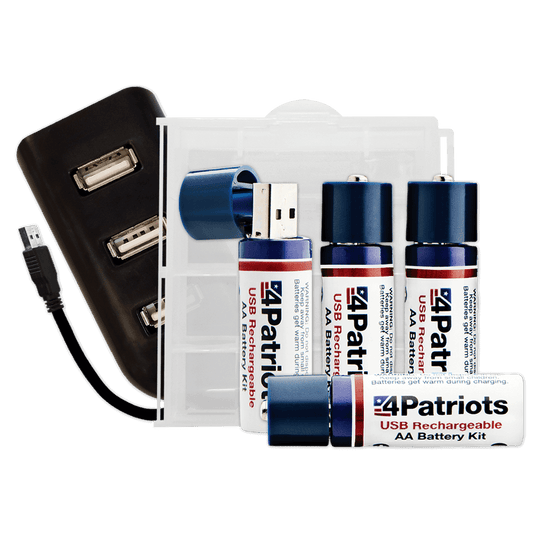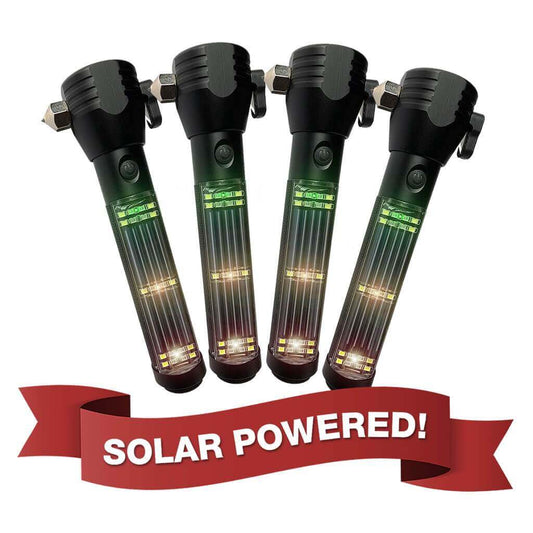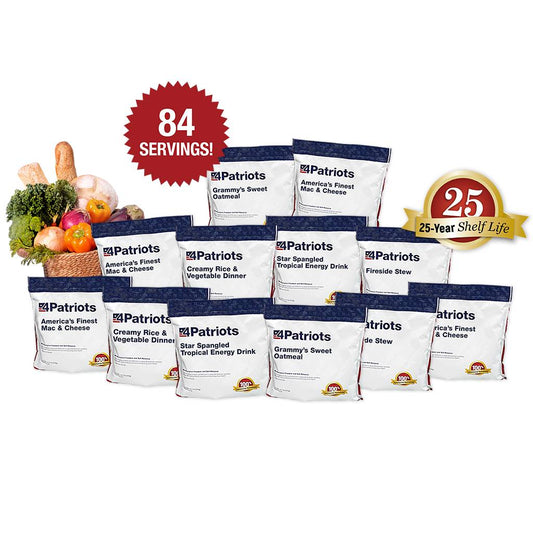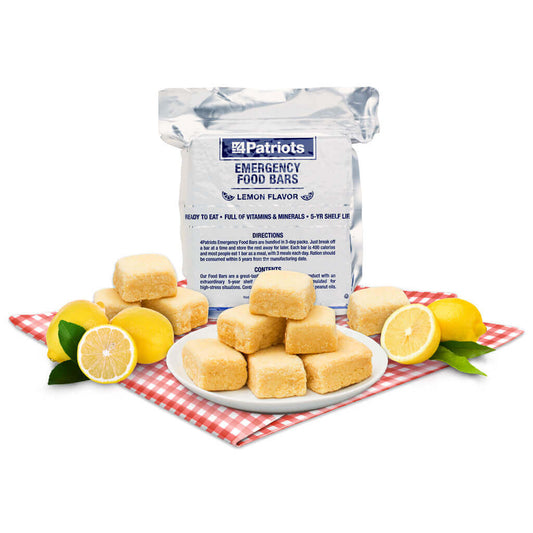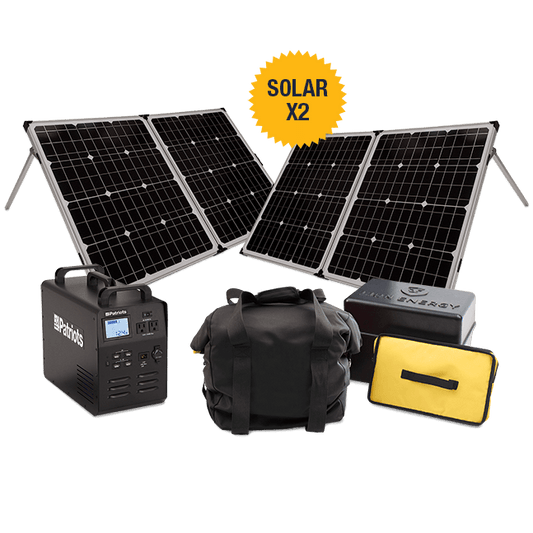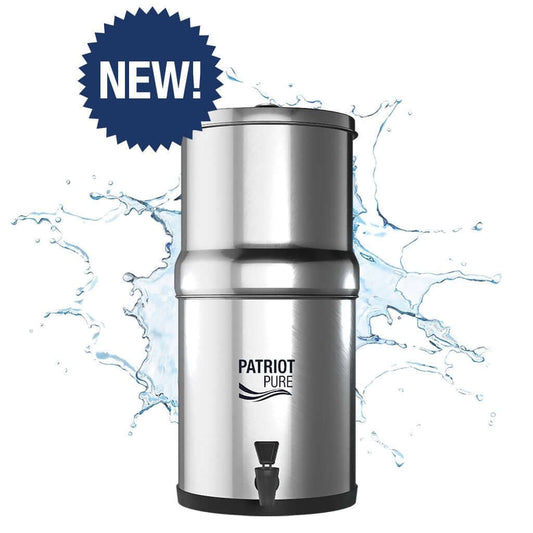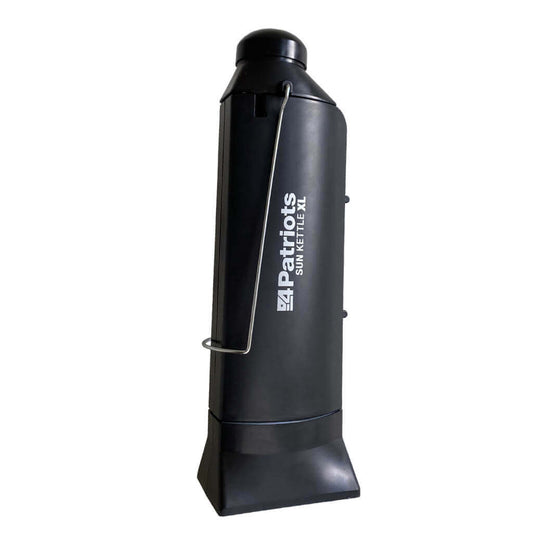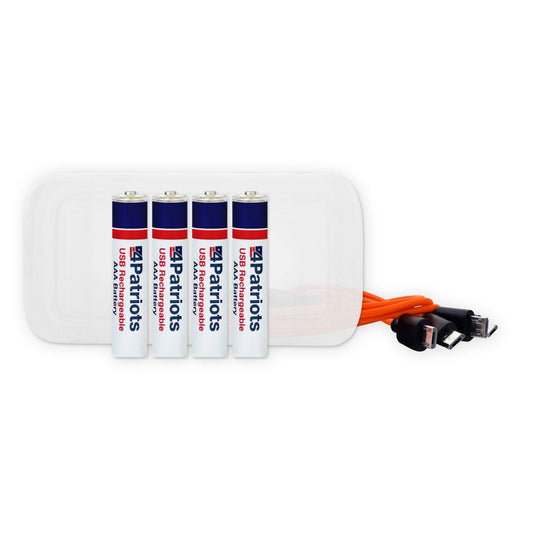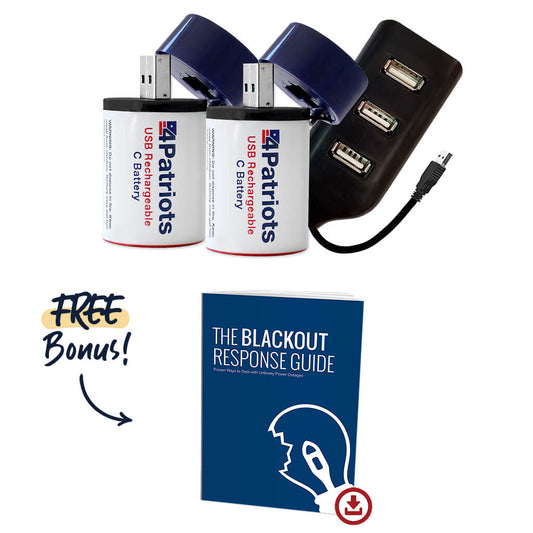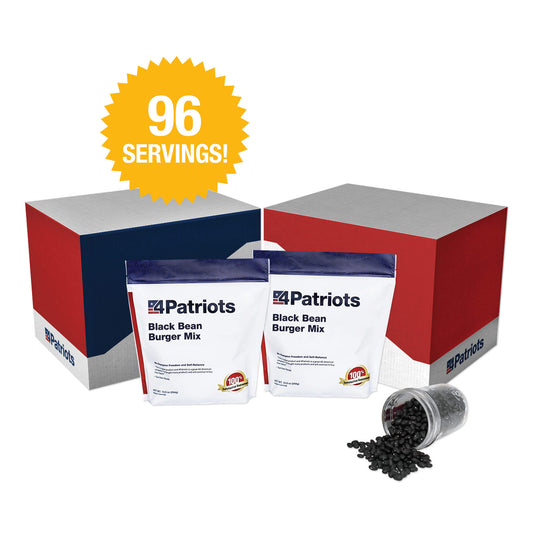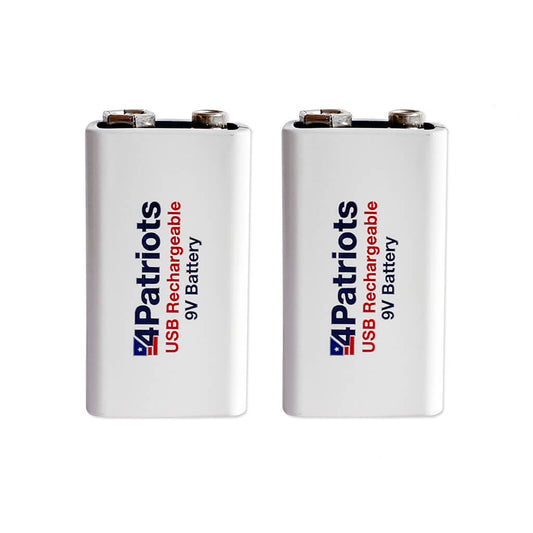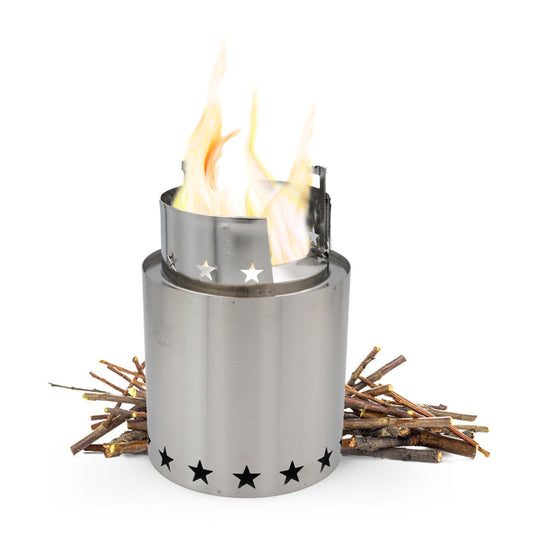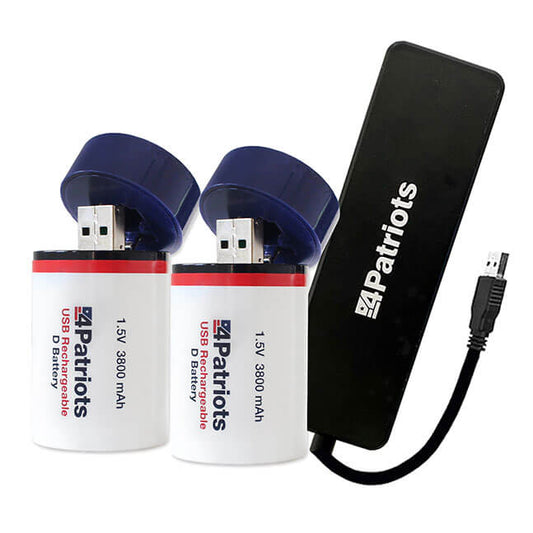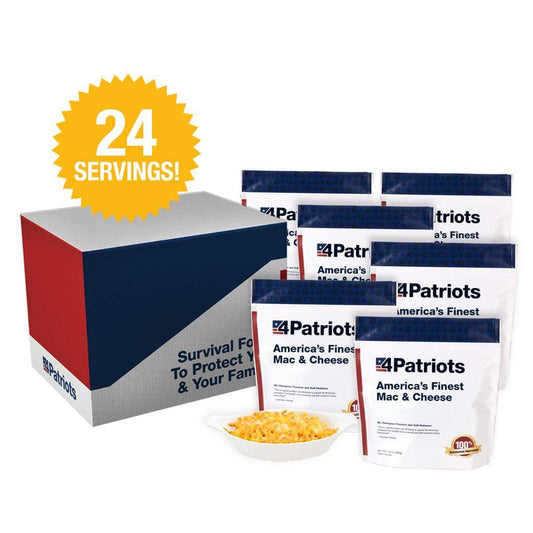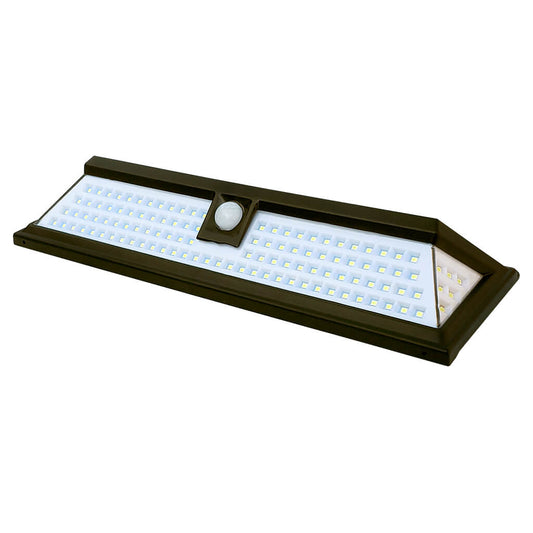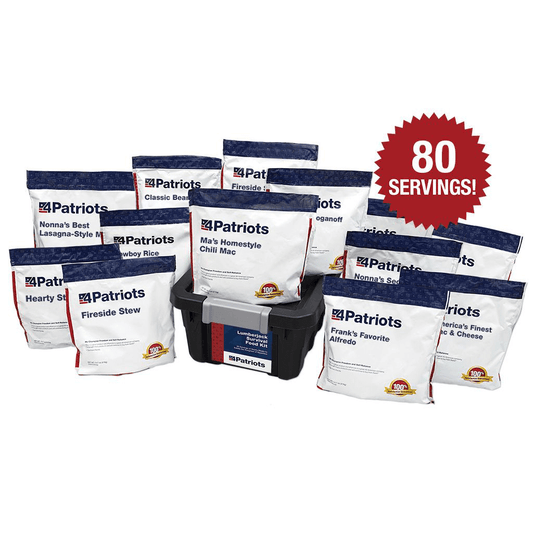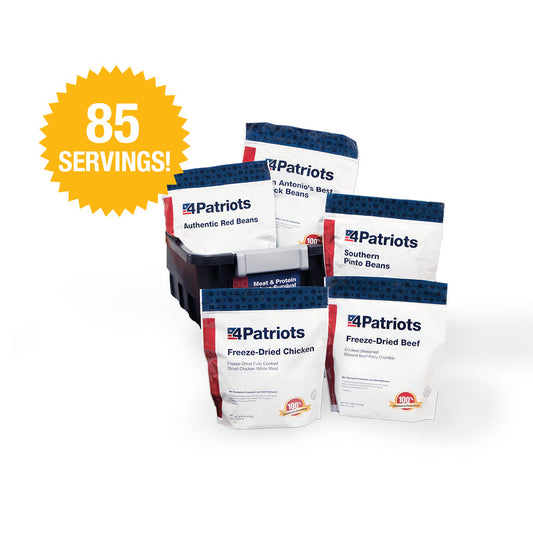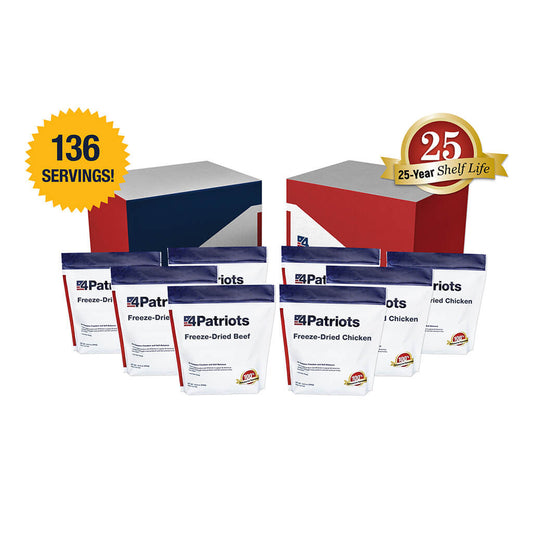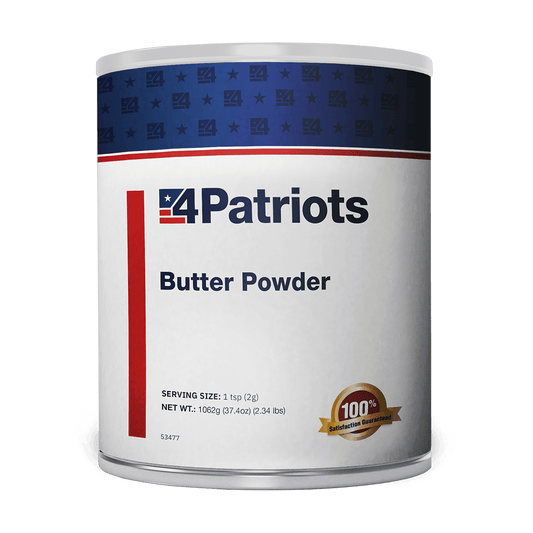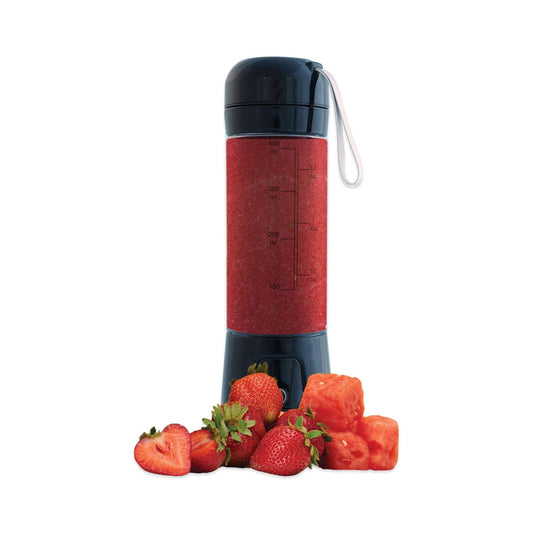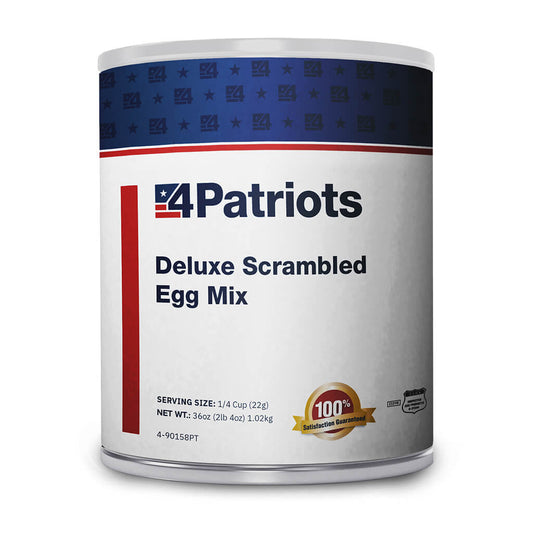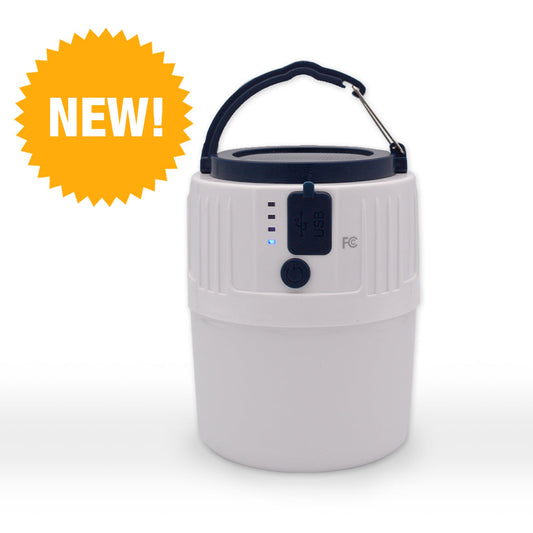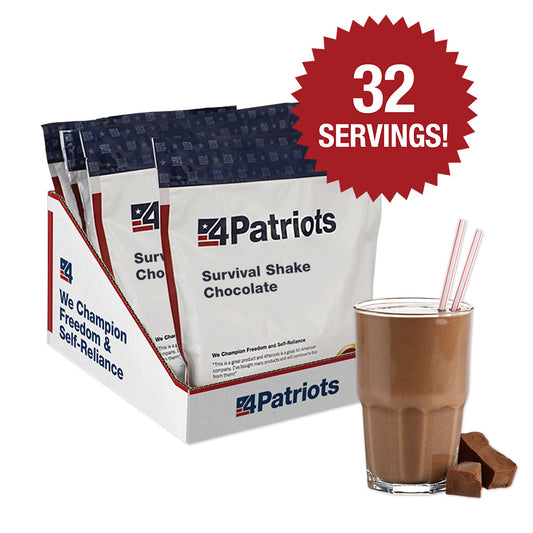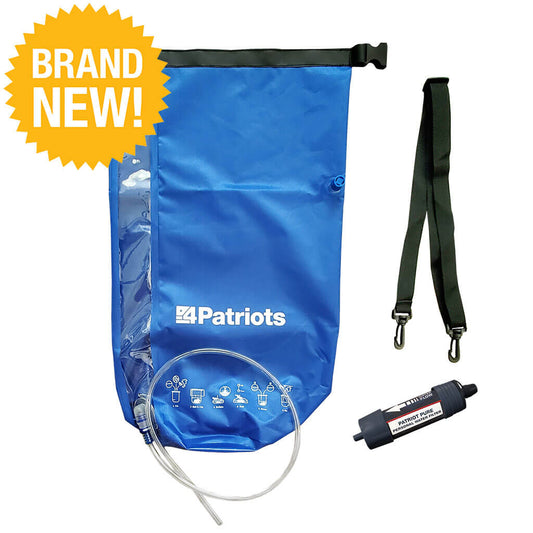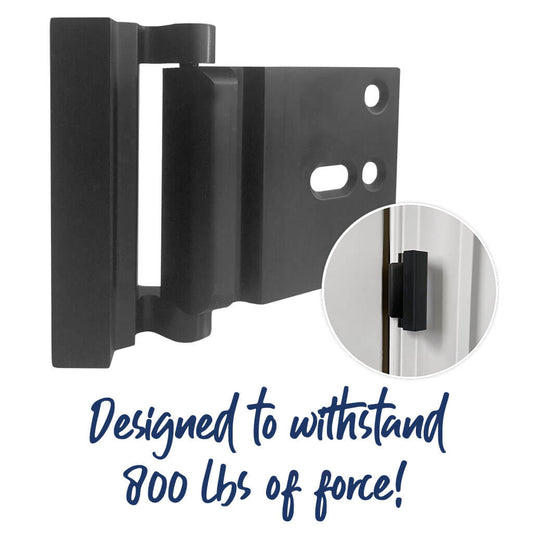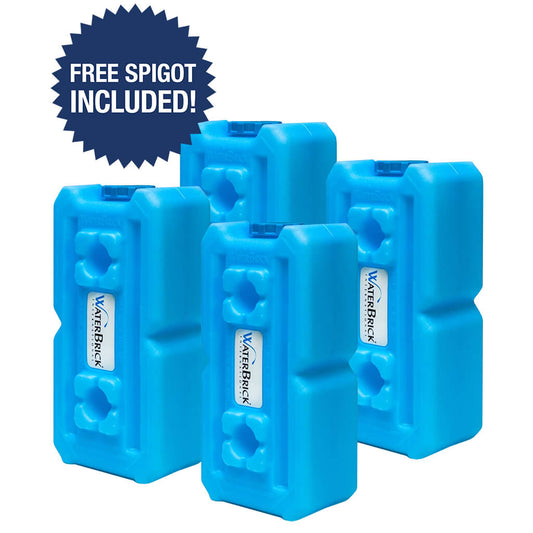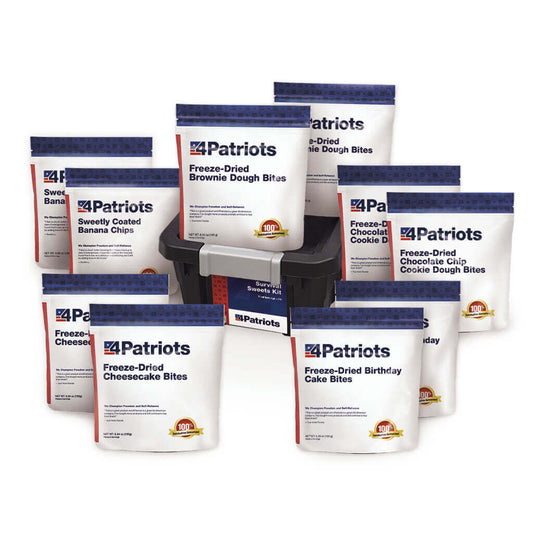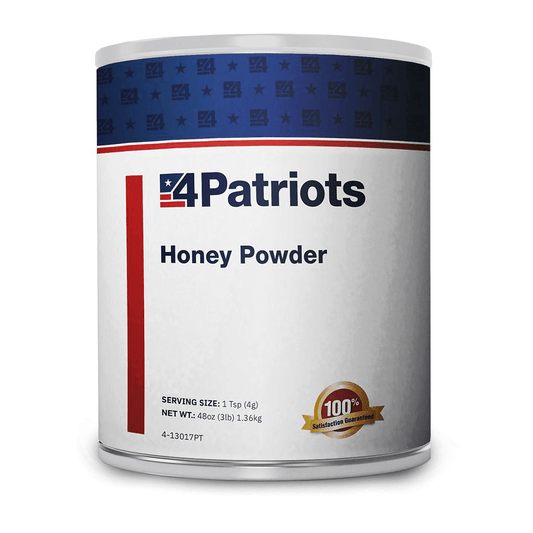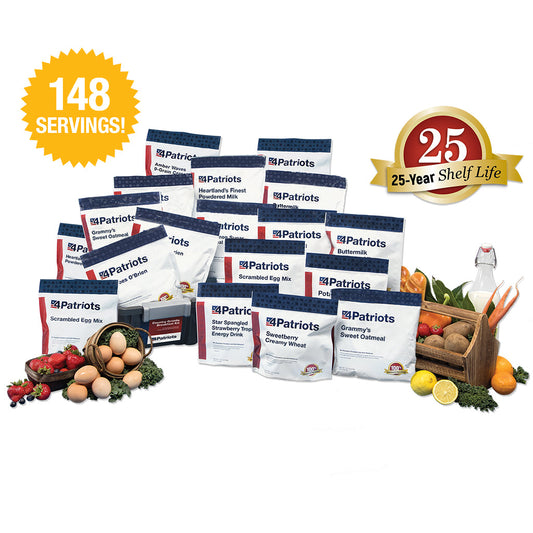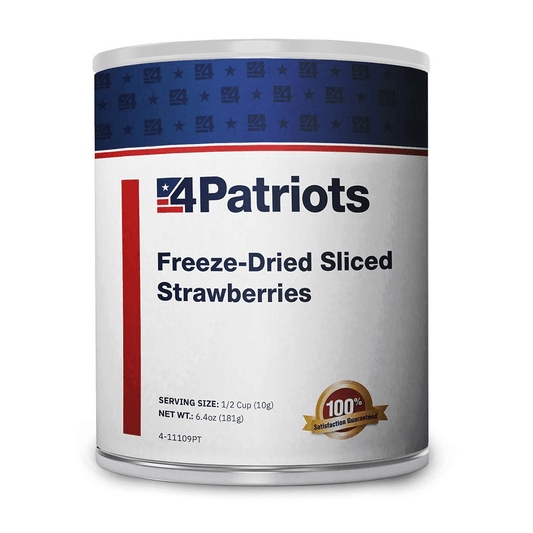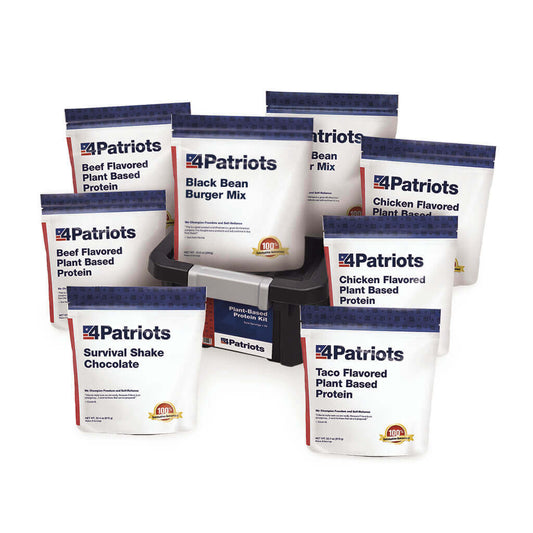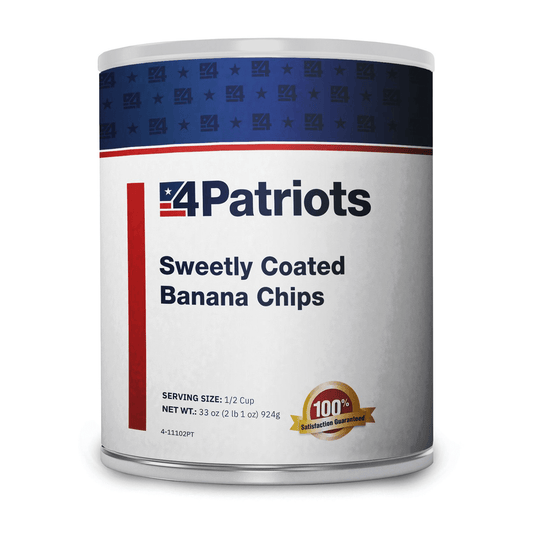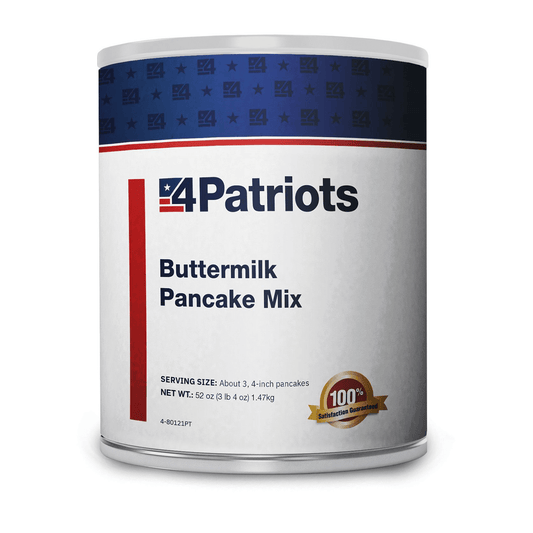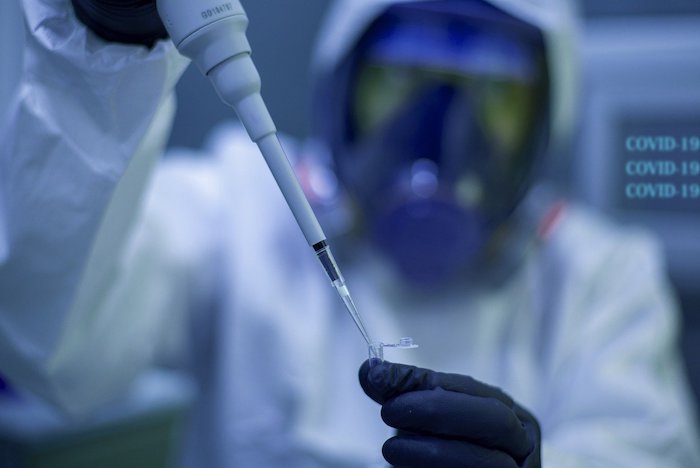
Country Music Legend Dolly Parton Funded COVID-19 Research

Much has been in the news recently about COVID-19 vaccines in the U.S.
Two vaccines have received emergency use approval and are now being rolled out. They are produced by Pfizer/BioNtech and Moderna.
Their development used the same technology and approach. And showed effective rates of 94 to 95 percent in clinical trials.
More on these two vaccines in a moment. But first, I’d like to tell you about the contribution a celebrity here in Nashville made to one of these vaccines.
Donation Aids Moderna Vaccine Development
Country music legend Dolly Parton donated $1 million to coronavirus research. It went to Nashville-based Vanderbilt University back in April.
Recently it was revealed that her donation helped fund Moderna’s coronavirus vaccine research.
Early on, her donation was used toward research on interim coronavirus treatments. While simultaneously the vaccine was being developed.
At the time, Parton appeared on NBC’s Today show. She said, “I felt like this was the time for me to open my heart and my hand and try to help.”
Doctor-Patient Connection
Parton’s connection with Vanderbilt University goes back seven years. She sought advice from the university’s Medical Center after a traffic accident.
There she met Dr. Naji Abumrad, a physician and surgery professor who was born in Lebanon. They struck up a friendship after discovering both grew up as poor, mountain kids – 6,000 miles apart. Her donation was made in his honor.
Here’s what Abumrad said. “Without a doubt in my mind, her funding made the research toward the vaccine go 10 times faster than it would be without it.”
In the past, Parton has donated funds to help families in Tennessee who were victims of wildfires. As well as to a literacy program that donates books to children.
Some Will, Some Won’t
As we’ve mentioned numerous times, whether or not to receive a vaccination can be controversial.
Many people are opposed to all of them. Others get whichever vaccinations are recommended by their doctor. Some take a wait-and-see approach.
A recent Gallup survey found this. Thirty-seven percent of Americans say they won’t get a vaccine at the present time. Sixty-three percent said they will get it when it’s available to them.
We don’t recommend getting or refusing a vaccination. That’s an individual decision. But we do want to keep you informed about the vaccines in the news.
Pfizer/BioNtech Vaccine
The Pfizer/BioNtech vaccine has shown an effective rate of 95 percent in clinical trials. About 43,000 people were given the vaccine, with no safety concerns reported. Forty-five percent of U.S. participants were ages 56-85.
It is given in two doses, three weeks apart. Protection is achieved 28 days after the first shot. The biggest drawback with this vaccine is that it needs to be stored at minus 94 degrees Fahrenheit.
The deep-freeze delivery chain involves a special box. It’s packed in dry ice and installed with GPS trackers. It can be stored for up to six months.
Once delivered, the vaccine can be stored for up to five days at about 35 to 46 degrees before being administered. This vaccine uses a tiny fragment of the virus’ genetic code. It starts making part of the virus in the body before the immune system attacks it.
Moderna Vaccine
Using the same technology as Pfizer, the Moderna vaccine protects 94.5 percent of people it’s been tested on. Two doses are required, four weeks apart.
About 30,000 people were involved in this trial. One-half were given the vaccine and the other half a placebo.
One advantage with this vaccine is it remains stable at minus 4 degrees Fahrenheit.
The Moderna vaccine also received authorization from the U.S. Food and Drug Administration (FDA) for emergency usage.
Operation Warp Speed
Normally the process to create an effective vaccine takes years. First, vaccines are tested on animals to see if they work and what the side effects are. This usually involves three to six months.
Next, Phase 1 clinical trials are conducted with a small number of humans. Phase 2 involves establishing the formulation and doses of the vaccine. That’s to determine its effectiveness. In Phase 3, the effectiveness needs to be proven in a larger group.
In a case where a pandemic is raging out of control, the FDA can give emergency authorization for a vaccine’s use.
President Donald Trump called the current approach Operation Warp Speed. Less than a year after the disease reached America, two vaccines were approved for emergency usage.
Who Gets It First?
The U.S. government finalized deals to secure 100 million doses of both the Pfizer/BioNtech and Moderna vaccines. With options to acquire hundreds of millions more.
Groups to receive the vaccine first include older Americans in long-term care facilities. Such as nursing homes and retirement villages. As well as healthcare workers.
Dr. Anthony Fauci says he is pleasantly surprised at the effectiveness manufacturers claim. He had said he would be satisfied if the effective rate were in the 70 to 75 percent range.
Others are more skeptical. They’re concerned about how quickly these vaccines were produced and tested. They believe not enough test subjects have been used. They feel manufacturers have not provided enough details about side effects.
Only time will tell if the vaccines prove effective and safe. In the meantime, the battle against the pandemic goes on.
Featured Products
- Regular price
- From $799
- Regular price
-
- Sale price
- From $799
- Unit price
- per
- Regular price
- $249
- Regular price
-
- Sale price
- $249
- Unit price
- per
- Regular price
- $2,497
- Regular price
-
$3,194 - Sale price
- $2,497
- Unit price
- per
- Regular price
- $2,499
- Regular price
-
$2,994 - Sale price
- $2,499
- Unit price
- per
- Regular price
- From $29.95
- Regular price
-
$119.80 - Sale price
- From $29.95
- Unit price
- per
- Regular price
- $2,499
- Regular price
-
- Sale price
- $2,499
- Unit price
- per
- Regular price
- $499
- Regular price
-
- Sale price
- $499
- Unit price
- per
- Regular price
- $29
- Regular price
-
- Sale price
- $29
- Unit price
- per
- Regular price
- $2,796
- Regular price
-
- Sale price
- $2,796
- Unit price
- per
- Regular price
- $29.95
- Regular price
-
- Sale price
- $29.95
- Unit price
- per
- Regular price
- $97
- Regular price
-
- Sale price
- $97
- Unit price
- per
- Regular price
- $4,999
- Regular price
-
- Sale price
- $4,999
- Unit price
- per
- Regular price
- $49.95
- Regular price
-
- Sale price
- $49.95
- Unit price
- per
- Regular price
- From $69
- Regular price
-
- Sale price
- From $69
- Unit price
- per
- Regular price
- $201
- Regular price
-
- Sale price
- $201
- Unit price
- per
- Regular price
- From $90.97
- Regular price
-
$129.95 - Sale price
- From $90.97
- Unit price
- per
- Regular price
- $999
- Regular price
-
- Sale price
- $999
- Unit price
- per
- Regular price
- $29.95
- Regular price
-
- Sale price
- $29.95
- Unit price
- per
- Regular price
- From $29.50
- Regular price
-
$30.99 - Sale price
- From $29.50
- Unit price
- per
- Regular price
- $129
- Regular price
-
- Sale price
- $129
- Unit price
- per
- Regular price
- From $27
- Regular price
-
$399.80 - Sale price
- From $27
- Unit price
- per
- Regular price
- $3,494
- Regular price
-
- Sale price
- $3,494
- Unit price
- per
- Regular price
- From $199
- Regular price
-
$205.50 - Sale price
- From $199
- Unit price
- per
- Regular price
- $99.95
- Regular price
-
- Sale price
- $99.95
- Unit price
- per
- Regular price
- $29.95
- Regular price
-
- Sale price
- $29.95
- Unit price
- per
- Regular price
- $8.99
- Regular price
-
$29.95 - Sale price
- $8.99
- Unit price
- per
- Regular price
- $99.95
- Regular price
-
- Sale price
- $99.95
- Unit price
- per
- Regular price
- $29.95
- Regular price
-
- Sale price
- $29.95
- Unit price
- per
- Regular price
- $59.95
- Regular price
-
- Sale price
- $59.95
- Unit price
- per
- Regular price
- $11.98
- Regular price
-
$29.95 - Sale price
- $11.98
- Unit price
- per
- Regular price
- $44.95
- Regular price
-
$44.95 - Sale price
- $44.95
- Unit price
- per
- Regular price
- $24.95
- Regular price
-
$49.95 - Sale price
- $24.95
- Unit price
- per
- Regular price
- $114.95
- Regular price
-
- Sale price
- $114.95
- Unit price
- per
- Regular price
- $189
- Regular price
-
- Sale price
- $189
- Unit price
- per
- Regular price
- $499
- Regular price
-
- Sale price
- $499
- Unit price
- per
- Regular price
- $59.95
- Regular price
-
- Sale price
- $59.95
- Unit price
- per
- Regular price
- $39.95
- Regular price
-
- Sale price
- $39.95
- Unit price
- per
- Regular price
- $59.95
- Regular price
-
- Sale price
- $59.95
- Unit price
- per
- Regular price
- $19.95
- Regular price
-
- Sale price
- $19.95
- Unit price
- per
- Regular price
- $99.95
- Regular price
-
- Sale price
- $99.95
- Unit price
- per
- Regular price
- $69
- Regular price
-
- Sale price
- $69
- Unit price
- per
- Regular price
- $14.27
- Regular price
-
$21.95 - Sale price
- $14.27
- Unit price
- per
- Regular price
- $149.95
- Regular price
-
- Sale price
- $149.95
- Unit price
- per
- Regular price
- $79.95
- Regular price
-
- Sale price
- $79.95
- Unit price
- per
- Regular price
- $39.95
- Regular price
-
- Sale price
- $39.95
- Unit price
- per
- Regular price
- $114.95
- Regular price
-
- Sale price
- $114.95
- Unit price
- per
- Regular price
- $39.95
- Regular price
-
- Sale price
- $39.95
- Unit price
- per
- Regular price
- $99.95
- Regular price
-
- Sale price
- $99.95
- Unit price
- per
- Regular price
- $24.95
- Regular price
-
- Sale price
- $24.95
- Unit price
- per
- Regular price
- $24.95
- Regular price
-
- Sale price
- $24.95
- Unit price
- per




